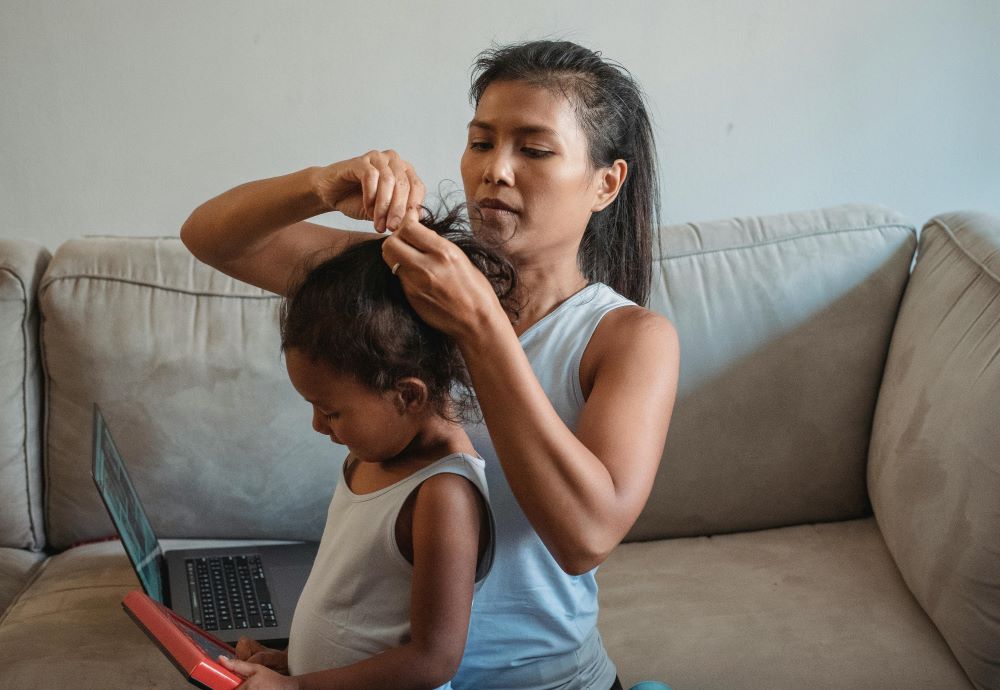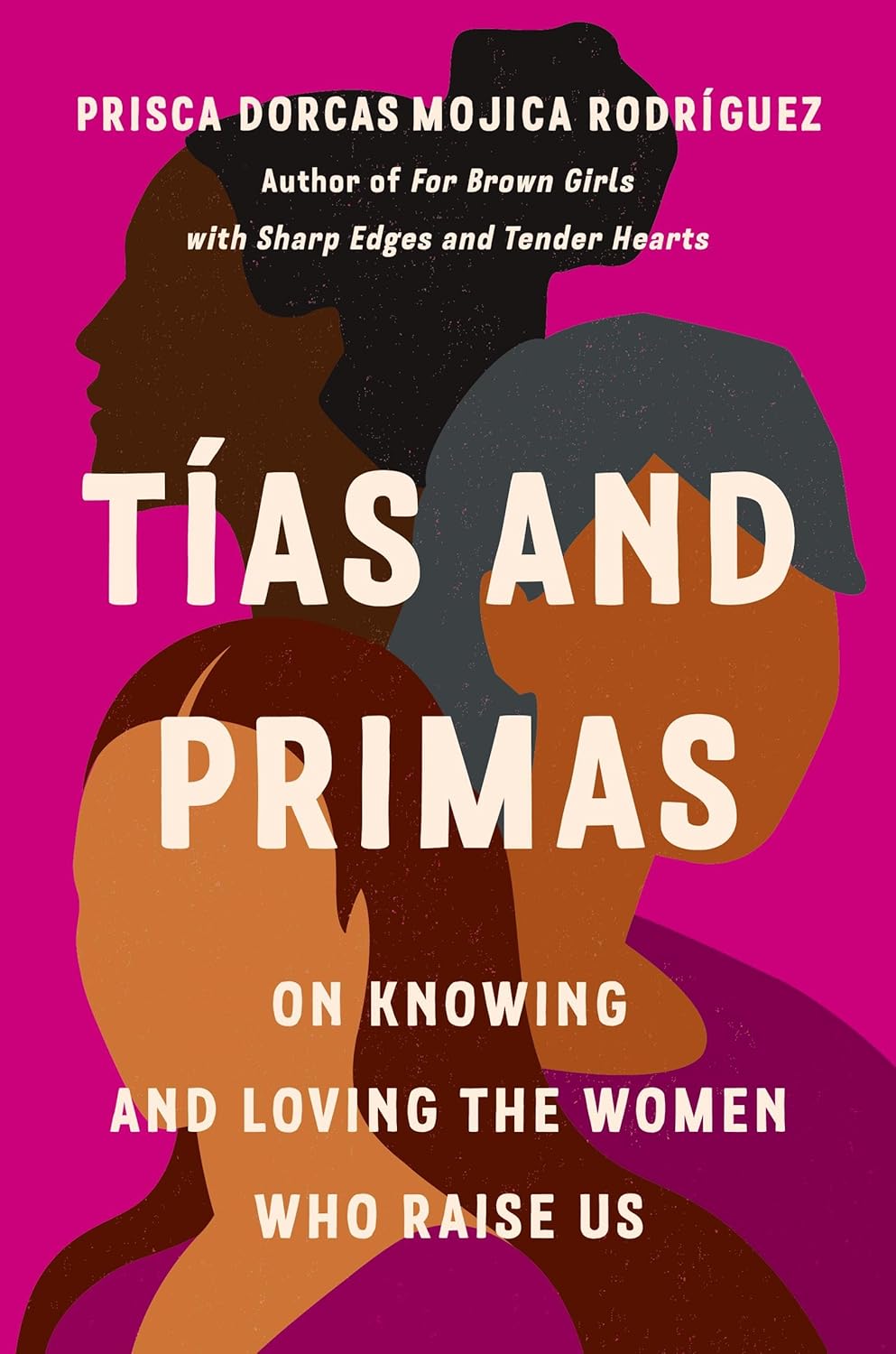
(Pexels/Kamaji Ogino)
"Since I am a woman, people — men and women alike — drink from me. I am the eternal well of pathos."
—Cherríe Moraga
So begins Prisca Dorcas Mojica Rodríguez's latest book, Tías and Primas: On Knowing and Loving the Women Who Raise Us, which examines 20 female archetypes in Latinx families, masterfully reintroducing them as familiar intercessors and flawed patron saints. In stunning analysis of figures like La Matriarch," the "Street-Smart Prima" and the "Second Mom Tía," the Nicaraguan-born, Nashville-based author weaves in poignant quotes from feminists, writers and activists, elevating the contributions of everyday Latinas to their rightful place in the culture.
I read Mojica Rodríguez's 2022 debut, For Brown Girls with Sharp Edges and Tender Hearts, in awe of this young immigrant woman from a religious household who was boldly staking out her own way of living. I eagerly identified with her ability to push the limits of her context and disregard the status quo. I felt seen as I struggled to break out of the social and cultural boxes I'd inhabited for three decades. Then, I patiently awaited the arrival of her follow-up. Tías and Primas was worth the wait.

Each section of the book is delivered like a sermon, with a near-exegetical way of tracing the roles of the various women in our familias. This isn't surprising: Mojica Rodríguez was raised in a pastor's home and has a master's of divinity from Vanderbilt University. But she does more than proselytize from a metaphorical pulpit; she invites conversation with these beloved familial figures, holding them up to some of the most celebrated feminist thinkers of the last century. She helps us see our tías and primas (aunts and cousins) as flowers on the family tree, blooming in spite of the sexism, patriarchy and colonialism attempting to stifle their beauty.
And as she illuminates these unsung family heroes, Mojica Rodríguez showcases the vastly different ways of being modeled by each.
There is doting admiration for "La Prima Perfecta," loyal best friend in childhood through adulthood, whose insidious perfectionism, we learn, plagues her below the surface. With new eyes, we see that "Tu Tía, La Loca" has been dismissed, maybe her whole life, for feeling everything "profoundly and dangerously." Then there is "The Childless Tía" who, whether by choice or circumstance, is defined by this characteristic. But what if we joined her in dreaming of "futures that are not focused on what their wombs can't or won't do?" Through tears of laughter, we consider "WhatsApp Tía," with her animated glitter GIFs and daily Bible verse texts; but we sober up to recognize her for the international organizer she really is, working beyond the limitations of borders to keep the family connected. "La Tía Cuir" is a victim of conditional love, whose exile is incriminating evidence of how shame alienates.
Mojica Rodríguez’s love letters to these and 15 other kinds of women are beautiful tributes that transcend time, borders and gendered expectations. They're not just "eternal wells" for our consumption, as Moraga expresses in the opening quote, but finite resources worthy of protection and care.
Advertisement
Not only does Tías and Primas encourage me to reframe the narratives I've constructed around my own female relatives, it also pushes me to consider how I envision these roles for myself as part of the next generation. I am not a parent, but do have treasured relationships with the children of my siblings and friends. Yet there is an awkwardness to being just outside a family unit.
When Mojica Rodríguez confesses the judgments her parents stoked in her toward some of the women profiled, I can't help but think of how the domestic church can become hyper-insular. Well-intentioned, protective boundaries around a nuclear family can just as easily become fodder for "us vs. them" dynamics that plague every other privatized aspect of life in the United States. But if we consider Mojica Rodríguez' framework instead, we can expand state- and church-sanctioned notions of family to cast wider, more inclusive networks of care.
Whether you are enthusiastically claiming your place within your family or simply reflecting on the role of women in your life, Tías and Primas is a thoughtful and delightful read. It takes great care for an author to strike the balance between breaking her reader's heart and warming it. What a gift it is to look through Mojica Rodríguez's incisive lens into our own experiences, honoring the women who raise us and remembering that we are better because of them.








